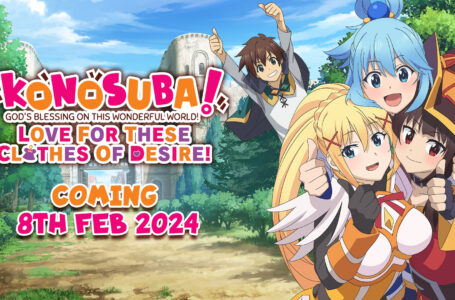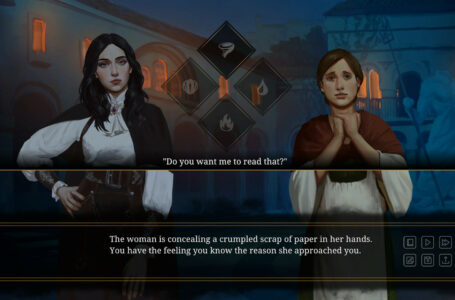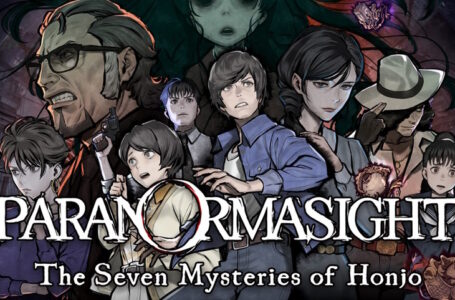The History of Lewd: Katawa Shoujo
Something a little different today, since we’re talking about a slightly more recent title — albeit one that is now celebrating its tenth anniversary. Since we already covered exactly what 4 Leaf Studios’ legendary Katawa Shoujo actually is ten years ago, instead I thought today I’d talk a bit about my own personal perspective on it. Because it’s not an exaggeration to say that without this game, I absolutely would not be sitting here typing this to you all right now.
Back in the ’00s, I frequented a sadly defunct site called 1up.com. Initially this was because my brother was the editor-in-chief over there, but over time I developed an attachment to its community — specifically, the forums that related to the site’s podcasts. Podcasting was still in its relative infancy at the time, and 1up.com’s show “1up Yours” was regarded to be one of the better gaming podcasts out there; well-produced, staffed by people who were enthusiastic about games and full of fodder for the community to reflect on long after the episode had gone out.
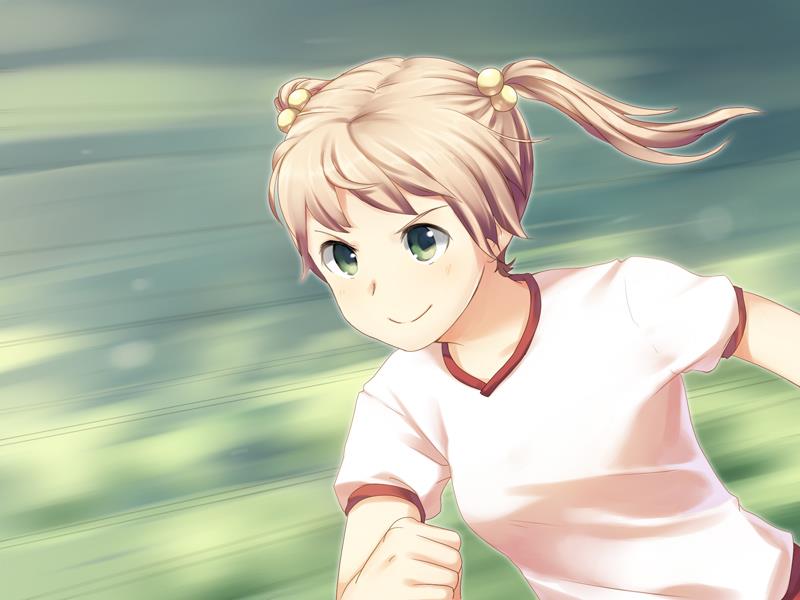
In one episode, the discussion was around the concept of “the Pile of Shame” — a concept that we now typically refer to simply as “the backlog”. The idea of the Pile of Shame is that it’s a pile of games you own that makes you feel shame every time you look at it — not because they’re bad games, but because you’ve always been meaning to play them, but you never have. Initially, the 1up Yours crew was hoping to make the Pile of Shame a regular feature in a sort of “book club” style, where the presenters would take a game that none of them had played, all play it in time for the next episode, then discuss it.
Unfortunately, for one reason or another, the feature never quite got off the starting blocks — the guys all had a website to run, after all, and part of the reason they all had a Pile of Shame in the first place was because the obligations for said site tended to preclude them from playing things they actually wanted to play, because there were so many things they had to play.
But it was a good idea, and the community latched on to it. If the show wouldn’t do it, they thought, then the community would. And thus the “Squadron of Shame” was born; a group of like-minded gamers who were keen to check out the oft-overlooked and underappreciated games of the world, then discuss them at great length — initially as forum threads, then subsequently on Twitter after new management over at 1up all but destroyed their forums, and eventually on a podcast of their own.
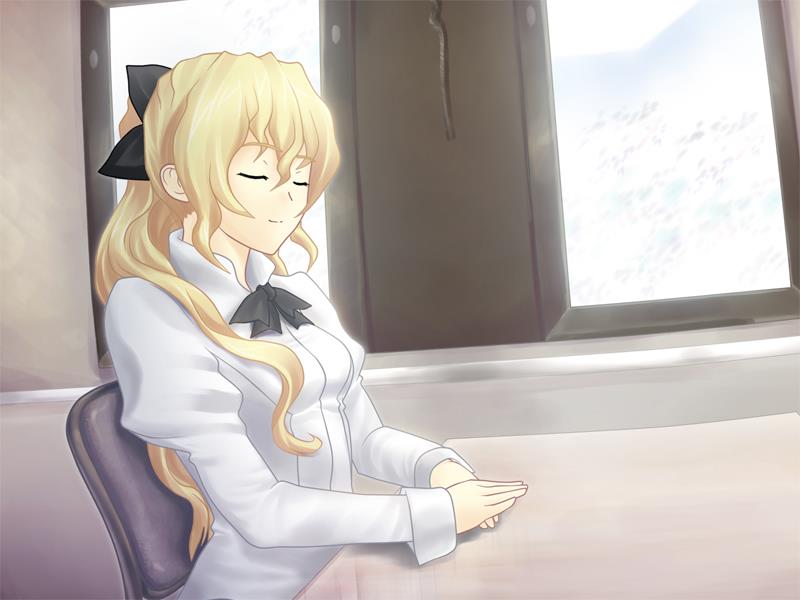
I was an active part of the Squad, and participated in pretty much every “mission” we took on. It was an enlightening process, and taught me a core part of the philosophy by which I enjoy games today: regardless of critical, commercial and/or popular reception, there is usually an opportunity to “find the good” in pretty much everything. With the Squad, I explored all manner of games, many of which I might not have thought to try under alternative circumstances. And I made some very close friends in the process.
Several of these friends were a lot more into Japanese popular media than I was at the time, and I found my discussions with them fascinating; my sole experience with anime and related media up until that point had been through a collection of promotional VHS tapes my brother once brought home with him from an earlier point in his career when he was working on UK publication PC Zone and the magazine had published a feature on Manga Video breaking into the UK localised anime market.
Well, that and frantic teenage masturbation over hentai — or “manga porn” as my friends at the time called it — when my parents were out of the house and I had the dial-up connection to myself. But I digress.
Anyway, the Squad was still alive, well and active at the time Katawa Shoujo came out, and the story behind its conception and appearance on the Internet as a completely free game was fascinating to us. It was pretty much a given that we would cover it — or so I thought, anyway. Rather upsettingly, two of our most active members at that point, aware of the fact that it was an 18+ eroge, branded it “loli cripple porn” and refused to get involved with an exploration of it on the grounds that if anyone they knew “in real life” had played it, they would probably be ostracised and forever branded some sort of horrendous pervert.
In fact, they ended up stepping down from the Squad completely and starting their own podcast; to them, it seemed Katawa Shoujo would be a bit of a “scarlet letter” on our episode list for the rest of time.
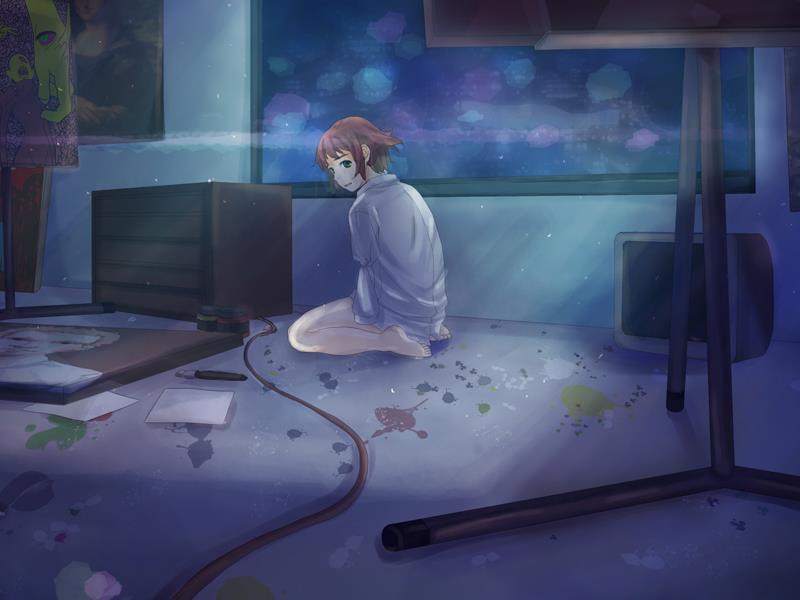
A lot of us would likely see that as an unreasonable response — especially today, when talking openly and unashamedly about sexual matters, pornography and hentai is fairly commonplace online. But ten years ago it was also sort of an understandable one; while localised 18+ titles certainly existed, most press outlets ignored them completely, specialist outlets that would cover them didn’t really exist with as much prominence as they do today, and on the whole eroge were seen as something of a shameful little secret of the games industry.
This was also before a more widespread understanding of the difference between eroge (narrative games that happen to include sexual content) and nukige (sexual games that happen to include narrative content) rather than lumping everything under the “porn game” header — something that, to be honest, is still a bit of a problem today.
Anyway, we didn’t bear our departing brothers any real ill will — we were mostly just disappointed that we wouldn’t get to talk about what promised to be a fascinating experience with them. As it happened, though, the game led to an absolutely fascinating discussion and an opportunity for a number of us to contemplate things we’d never really considered before. Notably, as a bunch of dudes, we found that playing the game made us considerably more open to the idea of communicating openly and honestly about matters we wouldn’t normally have considered discussing publicly.
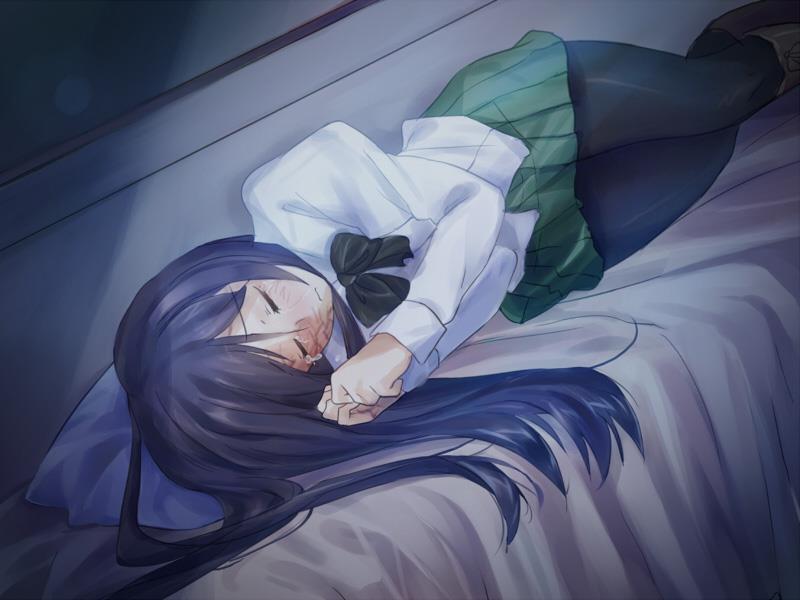
That included the sexual matters, because although there has been a mixed response to the explicit sexual scenes in Katawa Shoujo, there’s little denying that several of them are rather fascinating from a narrative perspective. Most notably for several of us, one of the most chilling ones comes in Hanako’s route, where an encounter between protagonist Hisao and Hanako turns sexual — and it’s not until after the heat of the moment has passed and Hisao has left Hananko’s room that he realises he never even paid any sort of attention to whether or not this rather shy and timid girl had actually consented to what just happened.
Katawa Shoujo is full of fascinating moments like that. Emi’s overconfidence when it comes to matters such as anal sex in a relatively public place; Lilly’s soft-focus, Hollywood romance-style erotic scenes; Rin’s oddly sad, pensive and philosophical sex scenes that depict an artistic temperament and viewpoint on life; the oddly tragic juxtaposition between Shizune and Misha, particularly once the former’s “barriers” crumble somewhat and she allows you to be intimate with her — all of these things combine to make something that is truly memorable and special, and which every single member of our group managed to take something valuable from. Something different, in most cases, which made it all the more remarkable.
Despite not being Japanese in origin, Katawa Shoujo taught me that there was more to gaming than just the “big names” out there. It taught me that, in fact, you were more likely to find a genuinely compelling experience from a small, passionate team than you were from a huge, big-budgeted corporation putting out something that was (at the time, anyway) graphically stunning but ultimately soulless.
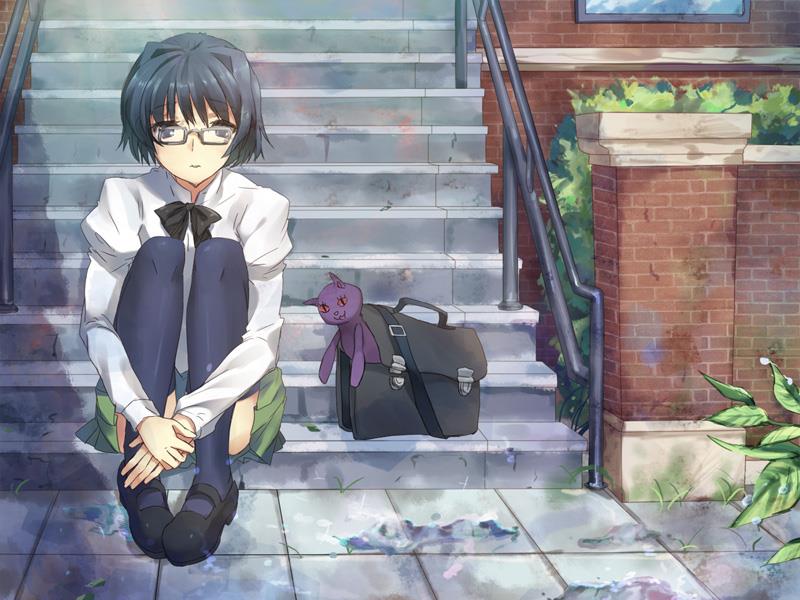
Katawa Shoujo is what pushed me on to ignore Metacritic completely and check out things that I thought looked appealing, regardless of their critical reception. Through that change in philosophy, I discovered a lot of series that would go on to become all-time favourites: Ar Tonelico, Neptunia, Atelier, Senran Kagura and many more besides, all of which engaged my passions and my emotions in much the same way as Katawa Shoujo did — and which I hadn’t felt from big-name titles of the era such as Gears of War, Rainbow Six and Halo for quite some time at that point.
Katawa Shoujo taught me that it’s okay to completely ignore what’s popular in favour of something that you know you will enjoy. Katawa Shoujo taught me that it’s worth standing up for the things you’re passionate and enthusiastic about, even if you face resistance along the way. And perhaps most importantly, Katawa Shoujo taught me that it’s important and desirable for people — particularly men — to have experiences that can touch them on a deep emotional level, and to feel confident, safe and secure in expressing those emotions rather than bottling them up.
Unfortunately, Katawa Shoujo also taught me that there will always be some people out there who are unwilling to look beyond the superficial factors of a game or visual novel and write it of as something it absolutely isn’t — even when presented with ample, well-argued evidence to the contrary. Katawa Shoujo taught me that walking down the road of what is popularly regarded and euphemistically referred to as more “niche interest” entertainment meant that I would probably have to leave some people behind, who felt like they were unable to follow for one reason or another.
And Katawa Shoujo taught me that tolerance and acceptance is by no means a universal given — particularly when it comes to things that are, for one reason or another, regarded as “controversial”.
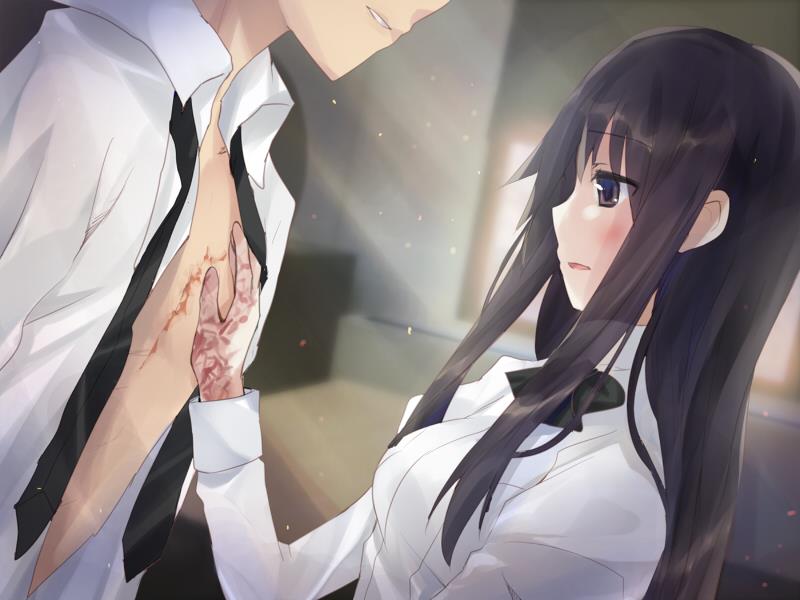
I remain convinced that, although following the path that Katawa Shoujo opened up before me cost me quite a lot of things — including friends — in some respects, on the whole it made me a better, happier person who is able to take much greater joy from his favourite hobbies than ever before. It encouraged me to learn things, hone my skills and express myself more openly — and, as I say, it’s absolutely not an exaggeration to say that I wouldn’t be sitting here typing this right now were it not for Katawa Shoujo.
Given how much the world has changed in the last ten years, I wonder if someone coming to Katawa Shoujo for the very first time in 2022 would experience something similar to what I’ve been through over the last decade. There is, of course, only one way to find out: download the game for yourself, either from its official website or JAST USA’s store (it’s free!) and give it a look for yourself. You won’t be sorry.
Join The Discussion
Rice Digital Discord
Rice Digital Twitter
Rice Digital Facebook
Or write us a letter for the Rice Digital Friday Letters Page by clicking here!
Disclosure: Some links in this article may be affiliate links, which means we may earn a small commission if you make a purchase after clicking on them. This is at no additional cost to you and helps support Rice Digital!
- Letter from the Editor: passing the torch - June 30, 2023
- Super Woden GP 2 is looking promising - June 30, 2023
- Inti Creates is making a 32 bit-style Love Live action platformer - June 26, 2023





